Iraqi resistance groups won’t lay down arms until US troops withdraw, says PMU chief
The chairman of Iraq’s anti-terror Popular Mobilization Units (PMU), known variously as Hashd al-Sha’abi, says resistance fighters will not lay down their arms and halt their operations until all American occupation troops beat a retreat from the Arab country.
“Armed resistance groups in Iraq have no problem in handing over all their weapons,” Falih al-Fayyadh said in an interview with Iraq's Al Sharqiya satellite television network on Friday evening.
“But this will not happen until the next Iraqi government is formed, and all US forces pull out of the country.”
Fayyadh stressed that Hashd al-Sha’abi had previously agreed to a request from an influential Shia cleric and leader of the Sadrist Movement, Muqtada al-Sadr, to take illegal arms out of the hands of armed groups within a few months.
The PMU chief went on to assert that resistance groups have no connection with the Iraqi government or the Hashd al-Sha’abi and that the Coordination Committee of the Iraqi Resistance serves as a “spiritual body” with “no interference” between the activities of the PMU and Iraqi resistance groups.
“It is possible that there are individual similarities between the forces of Hashd al-Sha’abi and the forces of resistance, but there is no direct connection between them,” the former Iraqi National Security Council advisor remarked.
“Hashd Sha’abi has issued statements in the past declaring that it has no connection with any operation carried out by the resistance groups,” he hastened to add.
Anti-American sentiments have gained considerable momentum in Iraq over the US military and political adventurism in the region, in particular since the assassination of Iran’s top anti-terror commander Lieutenant General Qassem Soleimani, and his associates in a US drone strike in Iraq in early 2020.
General Soleimani, commander of the Quds Force of Iran’s Islamic Revolution Guards Corps (IRGC), and Abu Mahdi al-Muhandis, the second-in-command of Iraq’s Popular Mobilization Units (PMU), were martyred along with their associates in a US drone strike that was authorized by then-president Donald Trump near the Baghdad International Airport on January 3, 2020.
The two iconic anti-terror commanders are greatly admired for their instrumental role in fighting and decimating the Daesh Takfiri terrorist group in the region, particularly in Iraq and Syria.
Two days after the dastardly attack shook the region, Iraqi lawmakers unanimously approved a bill that required the government to end the presence of all US-led foreign military forces in the Arab country.
Less than a week after the assassination, the IRGC launched a volley of ballistic missiles at the Ain al-Asad airbase in western Iraq, in a military operation codenamed Operation Martyr Soleimani.
Iran, which vowed ‘hard revenge’ over the killing of its celebrated commander, said the missile strike was only a “first slap” in exacting the revenge and that it would not rest until the US military abandons the region in disgrace.
Owing to Baghdad’s reluctance to expel the foreign forces within a stipulated timeframe, the US-led coalition convoys in Iraq have often been targeted by the resistance groups.
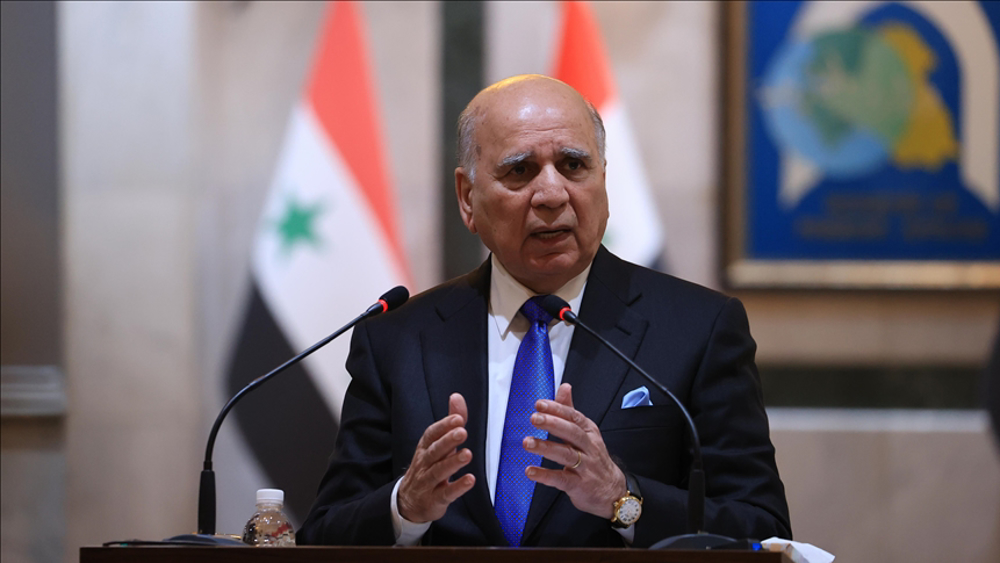
Iraq hopes indirect Iran-US talks lead to regional stability
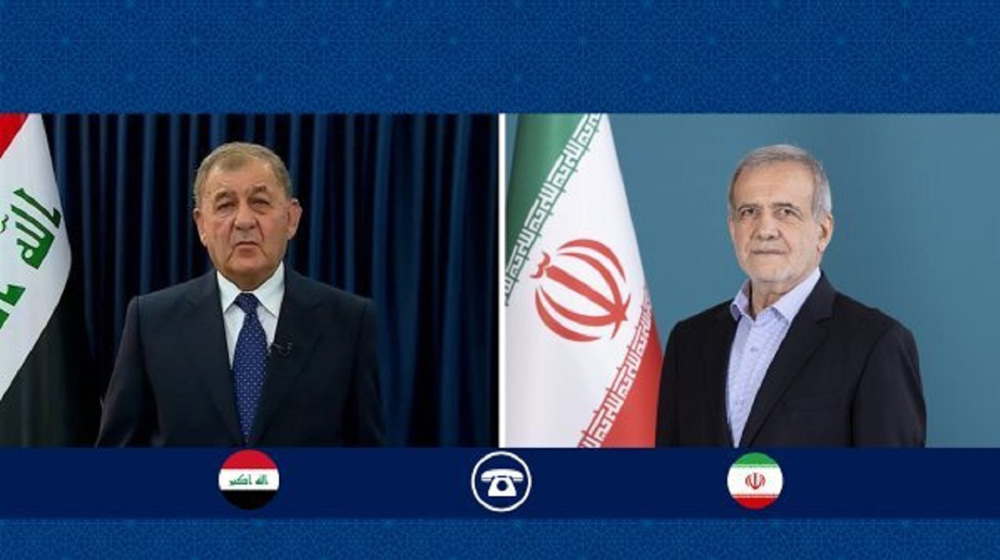
Pezeshkian says relations with Iraq ‘priority’, hails proximity of two nations
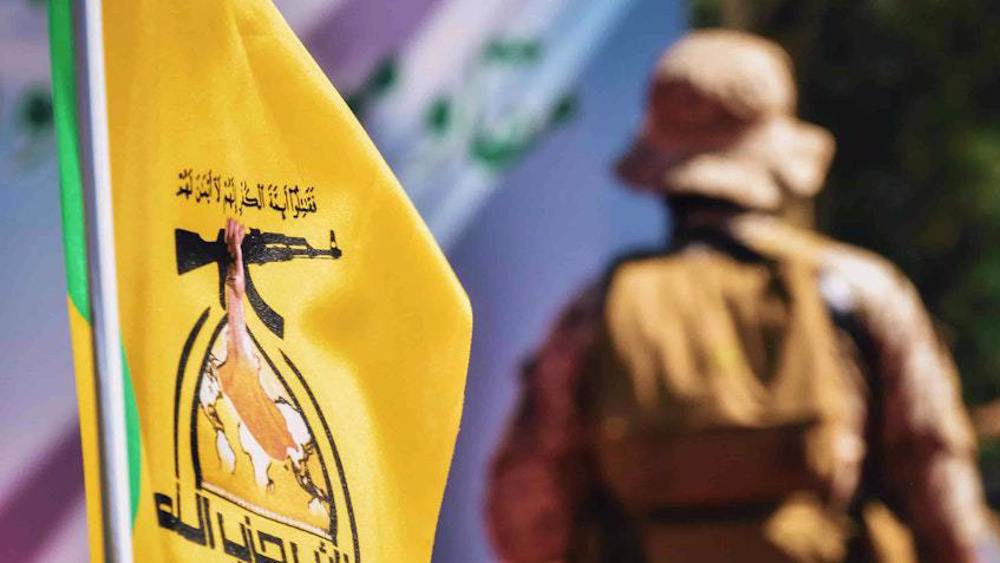
Iraq's Kata'ib Hezbollah: Disarmament reports 'lies and fabrications'
VIDEO | Pakistani parliament adopts resolution against Israeli atrocities in Gaza
Iran: Second round of indirect talks with US will be held in Oman
China urges US to ease trade tensions via ‘equal dialogue’
‘Hamas not defeated, military overstretched’: Israeli army chief
Iran, Armenia should elevate ties to strategic partnership: Deputy FM
VIDEO | Yemen shoots down another US MQ-9 drone
VIDEO | A number of Israeli soldiers killed, injured in Gaza ambush as retaliation rages
US pro-Israel strikes killed 123 Yemenis in less than a month: Ministry


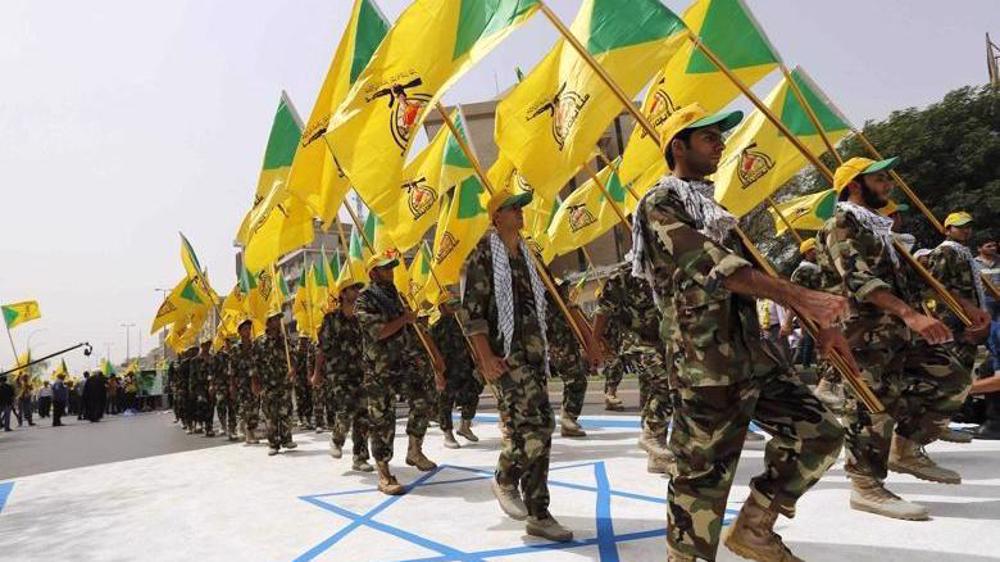
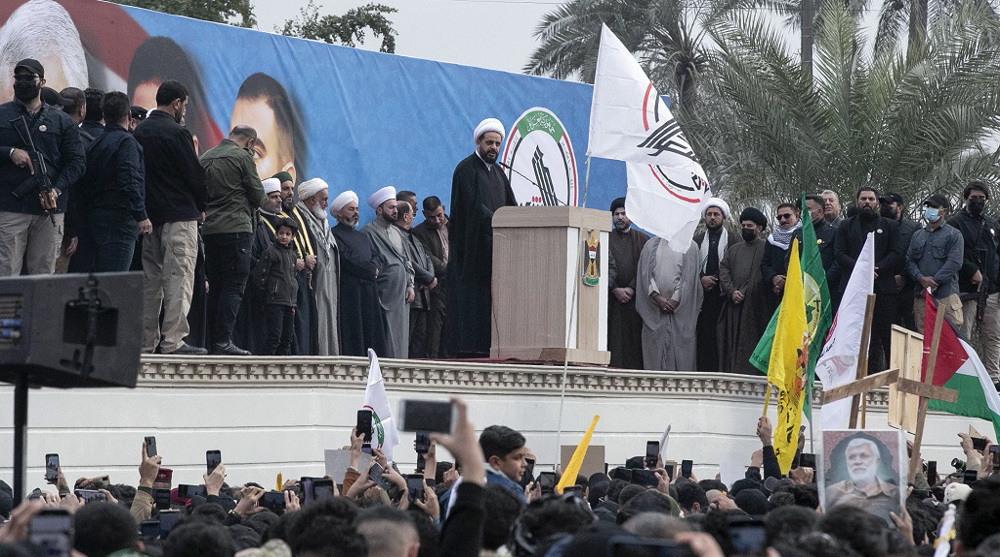
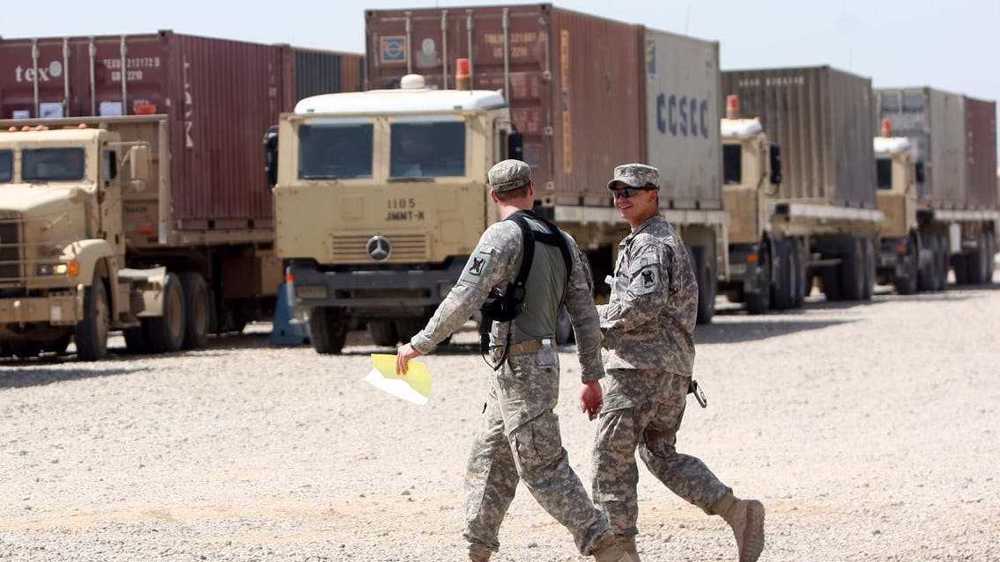



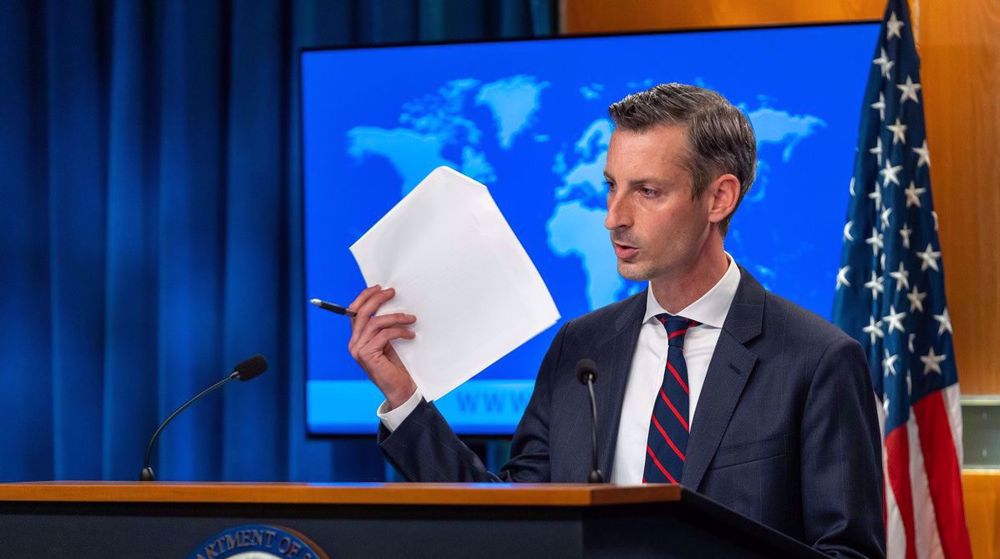
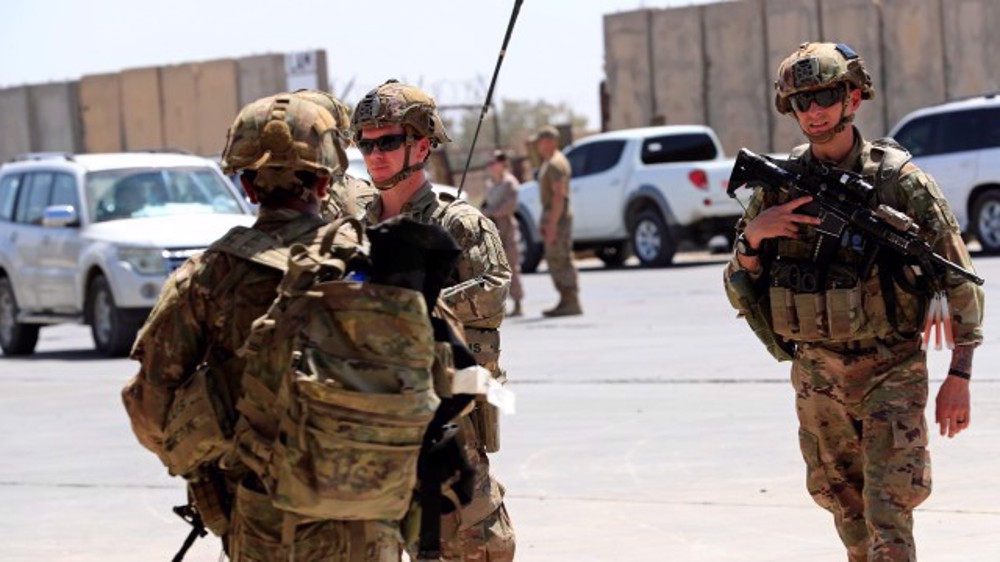
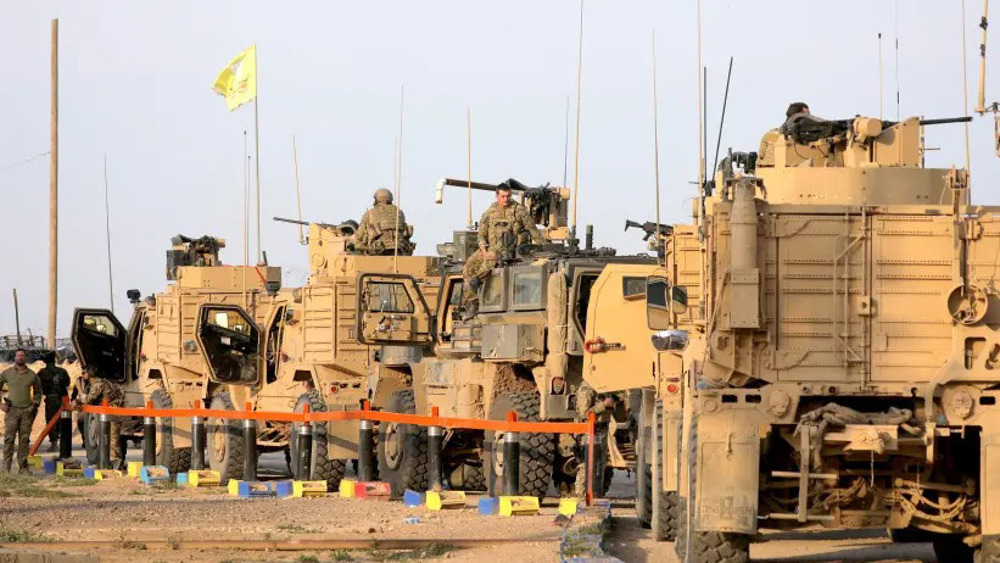
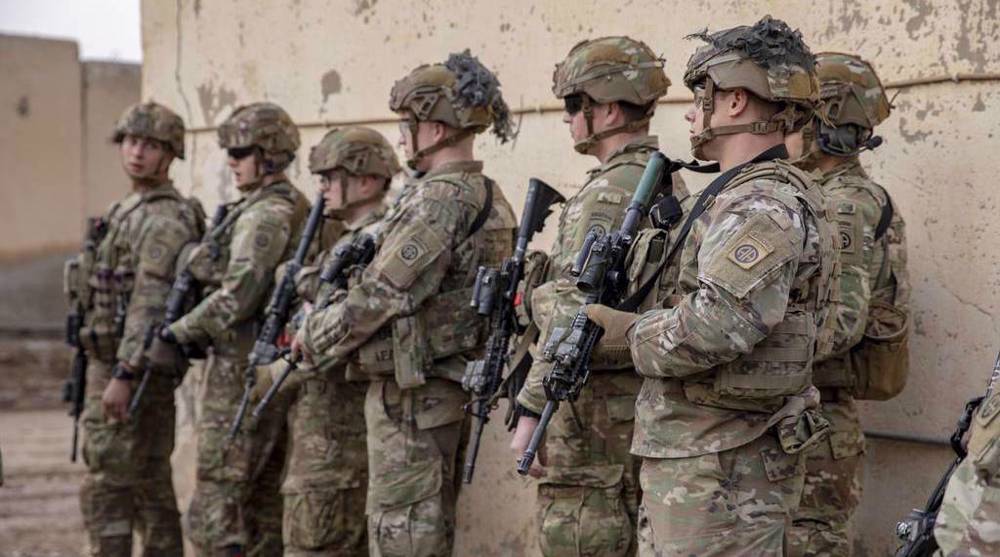
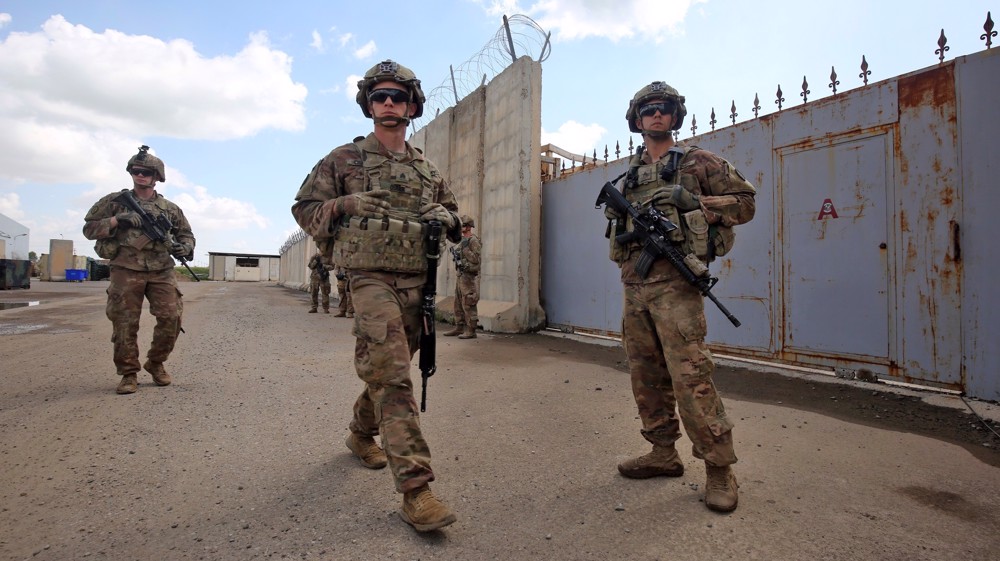
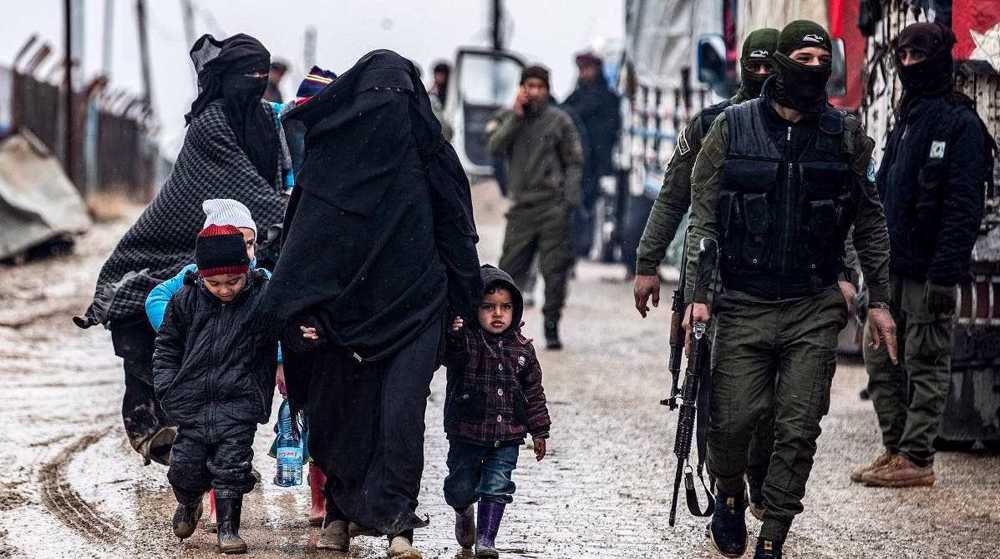
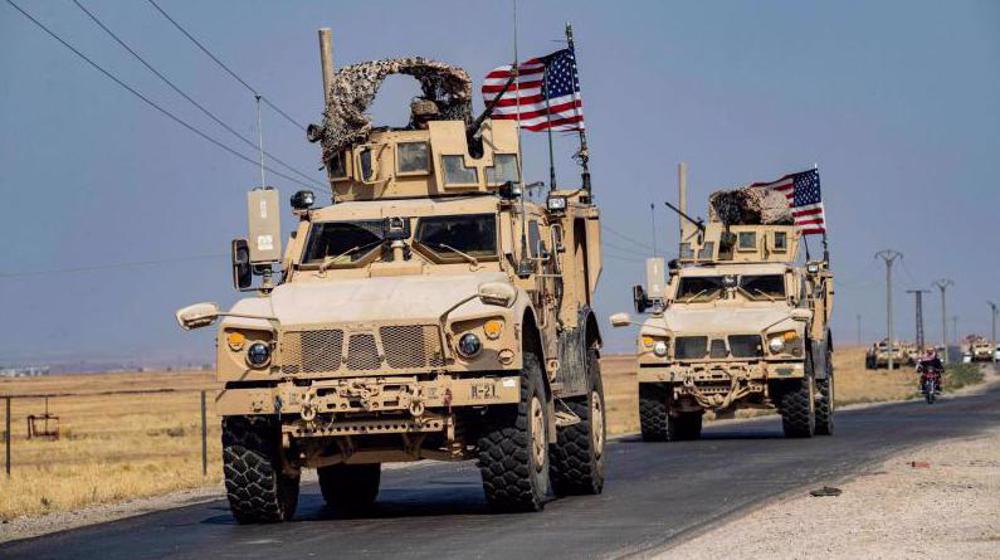
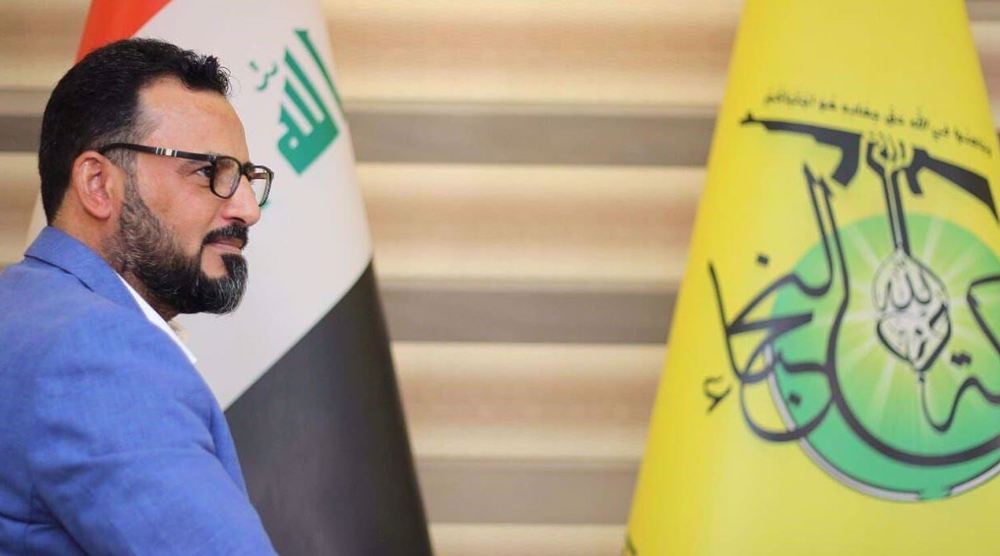

 This makes it easy to access the Press TV website
This makes it easy to access the Press TV website